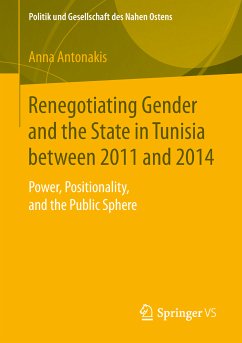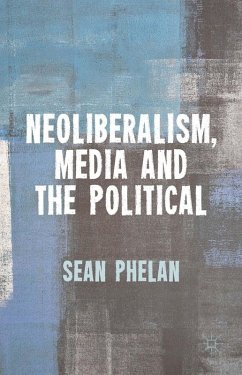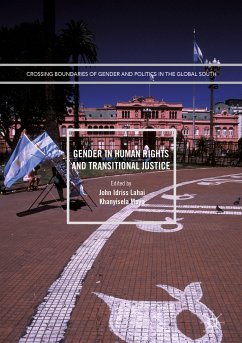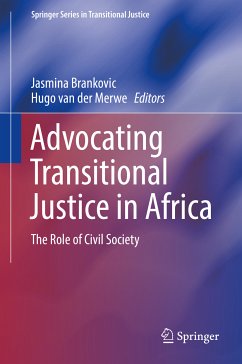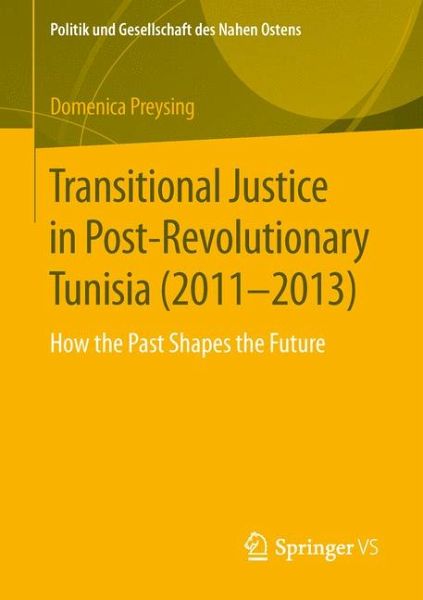
Transitional Justice in Post-Revolutionary Tunisia (2011-2013) (eBook, PDF)
How the Past Shapes the Future
Versandkostenfrei!
Sofort per Download lieferbar
40,95 €
inkl. MwSt.
Weitere Ausgaben:

PAYBACK Punkte
20 °P sammeln!
Domenica Preysing offers a critical reading of "transitional justice" that focuses on political dynamics in post-revolutionary Tunisia, from the ouster of president Ben Ali in January 2011 until the adoption of transitional justice bill in December 2013. She explores the role, structure and characteristics of evolving transitional justice policy discourse to provide a better understanding of how, by who, and to what effect the policy label "transitional justice" is progressively filled with meaning. She shows that conflicting interpretations of both the past and the present have been both deep...
Domenica Preysing offers a critical reading of "transitional justice" that focuses on political dynamics in post-revolutionary Tunisia, from the ouster of president Ben Ali in January 2011 until the adoption of transitional justice bill in December 2013. She explores the role, structure and characteristics of evolving transitional justice policy discourse to provide a better understanding of how, by who, and to what effect the policy label "transitional justice" is progressively filled with meaning. She shows that conflicting interpretations of both the past and the present have been both deeply embedded in and an expression of the dynamic context of domestic political transformation, as old and new elites struggle over the political identity and direction of post-Ben Ali Tunisia.
Dieser Download kann aus rechtlichen Gründen nur mit Rechnungsadresse in A, B, BG, CY, CZ, D, DK, EW, E, FIN, F, GR, HR, H, IRL, I, LT, L, LR, M, NL, PL, P, R, S, SLO, SK ausgeliefert werden.




